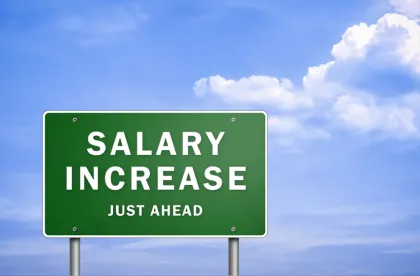On April 30, 2018, Judge Goldberg of the U.S. District Court for the Eastern District of Pennsylvania issued an order granting in part and denying in part a motion brought by the Chamber of Commerce for Greater Philadelphia for a preliminary injunction seeking to block the City of Philadelphia’s wage equity ordinance. In doing so, the judge lauded the City’s intention to promote equal pay but recognized concerns about restricting free speech rights. Specifically, the judge enjoined Philadelphia from implementing Section 9-1131(2)(a)(i) of the ordinance—the provision that prohibits employers from inquiring about a prospective employee’s wage history, requiring disclosure of wage history, conditioning employment or consideration for an interview or employment on disclosure of wage history, or retaliating against a prospective employee for failing to comply with any wage history inquiry.
Judge Goldberg also denied the chamber’s request to enjoin the City from enforcing Section 9-1131(2)(a)(ii) of the ordinance—the provision prohibiting employers from rely[ing] on the wage history of a prospective employee from any current or former employer of the individual in determining the wages for such individual at any stage in the employment process, including the negotiation or drafting of any employment contract, unless such applicant knowingly and willingly disclosed his or her wage history to the employer, employment agency, employee or agent thereof.
Key Takeaways
In short, per Judge Goldberg’s ruling, employers may now inquire about prospective employees’ wage histories. However, employers are prohibited from relying on wage histories when making wage determinations. Whether either party will appeal Judge Goldberg’s order remains uncertain. As such, employers should continue to monitor their hiring practices to make sure they remain in compliance with this recent decision.





 />i
/>i

